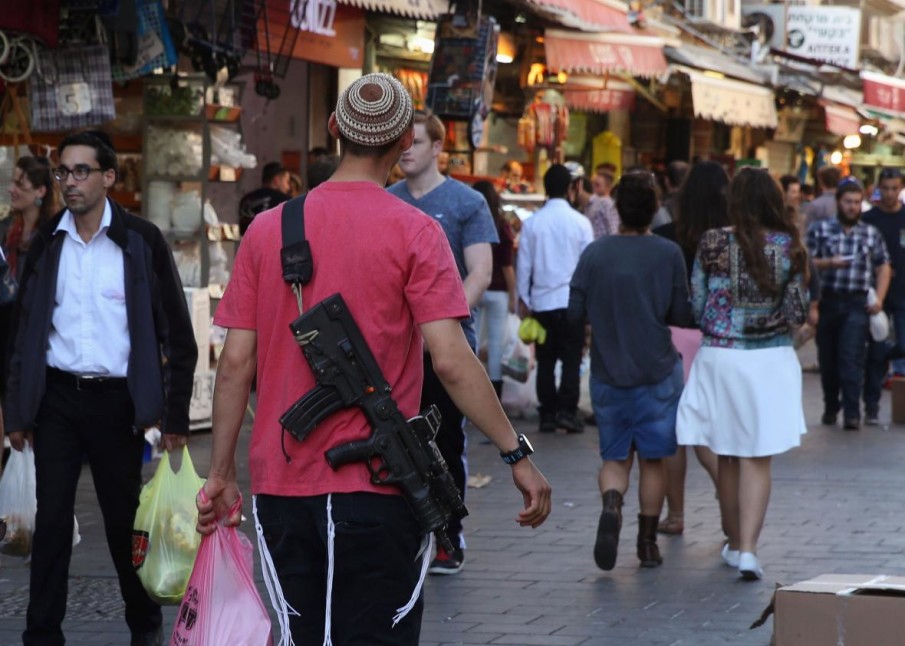In the aftermath of the Paris attacks, details are slowly coming to light. With those details comes the dawning of a realization: Things are going to change, and probably sooner rather than later.
ISIS has been communicating more effectively, in ways that are harder to detect and track. They’re using commercial encryptions that European and U.S. intel assets cannot break. This will likely lead to discussions about tighter Internet security and scrutiny here at home. Many will complain and fight such changes. But unpleasant choices will have to be made if we are to preempt future terrorist attacks.
Reports indicate that ISIS losses have been high in recent months. In September of 2014, ISIS was receiving around 3,000 volunteers a day. Now they receive around 100 volunteers a day, and sometimes less than 50. In light of this, ISIS leaders are now telling many jihadis in Europe and the United States to stay home and fight the jihad at home in their countries of residence, by whatever means they can. In most cases, this will mean trying to blow things up and initiating random or organized shootings.
Starting soon, or now, depending on how long it takes you to interpret and learn, you are either predator or prey. You are either prepared to think and act in an attack, or you are destined to be one of the hysterical, screaming victims running around presenting themselves as targets to the terrorists.
One of the decisions that must be made is whether or not you’ll choose to arm yourself. If you do, then you’d better train to acquire the requisite skills and then practice regularly to maintain them. If you live in a state that makes carrying a weapon difficult or impossible, then you’d better know your other options. Understand life-saving concepts, such as cover and concealment, and that running and screaming only makes you a tastier target.
Concealed carry, and yes, open carry, too, will likely become more common, as is already seen in other countries like Israel. The irony of this is that, currently, those U.S. cities that are the more likely targets for terrorists also have the most restrictive gun laws, making it difficult or impossible for citizens to defend themselves, or their homes, in the event of any kind of attack, terrorist or otherwise. If attacks start happening with frequency, those cities and states will likely have to change those laws to avoid the unnecessary slaughter of their citizens.
This new reality will have a dramatic impact on all aspects of our culture—our power-grid and cyber security; transportation; even how we gather in public for sporting events, concerts, and dining out. It will have an impact on clothing and fashion, as people will want to carry and conceal things they never much considered before.
As a country, and individually, we need to decide which type of herd we are going to be: a herd of sheep, easy pickings for the wolves? Or a herd of elephants that will trample to a pulp any and all jackals who try to bring their jihad to our shores?
(Featured image courtesy of slate.com)
Already have an account? Sign In
Two ways to continue to read this article.
Subscribe
$1.99
every 4 weeks
- Unlimited access to all articles
- Support independent journalism
- Ad-free reading experience
Subscribe Now
Recurring Monthly. Cancel Anytime.











COMMENTS